August 3, 2023
People who drive networking in businesses often end up burnt out and abusive
 People who adopt a role as a ‘network broker’, connecting other colleagues and teams who might otherwise not know each other, often end up burnt out and more abusive towards their co-workers. That is the key finding of a new study from ESSEC Business School published in The Journal of Organizational Science. These networking go-betweens often receive career advantages such as faster promotions, unique information access, or a creativity boost. They play a critical role in the functioning of the organisational. However, there can be hidden psychological and social ramifications associated with this important role as they’re also more likely to suffer the consequences of being so socially adept. (more…)
People who adopt a role as a ‘network broker’, connecting other colleagues and teams who might otherwise not know each other, often end up burnt out and more abusive towards their co-workers. That is the key finding of a new study from ESSEC Business School published in The Journal of Organizational Science. These networking go-betweens often receive career advantages such as faster promotions, unique information access, or a creativity boost. They play a critical role in the functioning of the organisational. However, there can be hidden psychological and social ramifications associated with this important role as they’re also more likely to suffer the consequences of being so socially adept. (more…)











 Have you ever had the feeling that some of your colleagues are working only for themselves, and are not true team players? If your answer is yes, then it is possible that you are working with a narcissist. Narcissists have a heightened sense of what they are entitled to and have a constant need for attention and admiration. They are arrogant and see themselves as superior to others.
Have you ever had the feeling that some of your colleagues are working only for themselves, and are not true team players? If your answer is yes, then it is possible that you are working with a narcissist. Narcissists have a heightened sense of what they are entitled to and have a constant need for attention and admiration. They are arrogant and see themselves as superior to others. 
 A significant majority (85 percent) of employees feel like they are just a cog in the machinery of their organisation and 43 percent have no idea how their performance contributes to business success, according to a new survey of employee experience and expectations. According to the
A significant majority (85 percent) of employees feel like they are just a cog in the machinery of their organisation and 43 percent have no idea how their performance contributes to business success, according to a new survey of employee experience and expectations. According to the 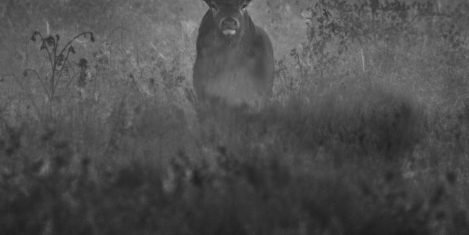


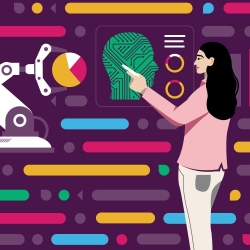
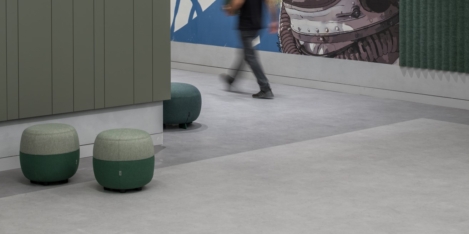




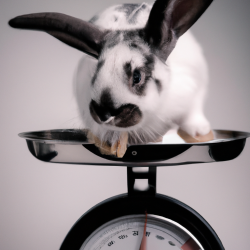 In 1989, Stephen Fry and Hugh Laurie, performed a TV sketch called Information. You can watch it below. It featured Stephen Fry sitting at a desk with a placard displaying the word “INFORMATION”. He asks, “Can I help you?” to which Hugh Laurie replies, “Oh, I would like some information, please”. Though, in the discussion, Hugh Laurie expects to get information without asking any questions, Stephen Fry explains that he has lots of information, such as “the average weight of a rabbit”. In response comes the statement, “Well, I didn’t know that, that there was an average weight of a rabbit!”
In 1989, Stephen Fry and Hugh Laurie, performed a TV sketch called Information. You can watch it below. It featured Stephen Fry sitting at a desk with a placard displaying the word “INFORMATION”. He asks, “Can I help you?” to which Hugh Laurie replies, “Oh, I would like some information, please”. Though, in the discussion, Hugh Laurie expects to get information without asking any questions, Stephen Fry explains that he has lots of information, such as “the average weight of a rabbit”. In response comes the statement, “Well, I didn’t know that, that there was an average weight of a rabbit!” 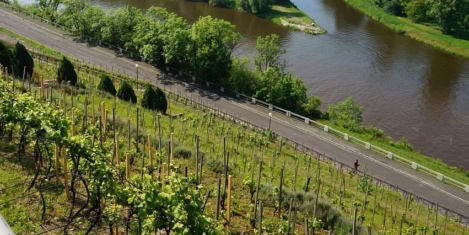
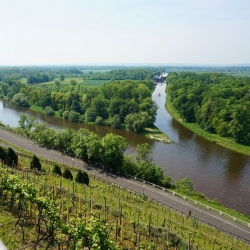









May 16, 2023
Getting back to the future of work
by Mark Eltringham • Comment, Flexible working